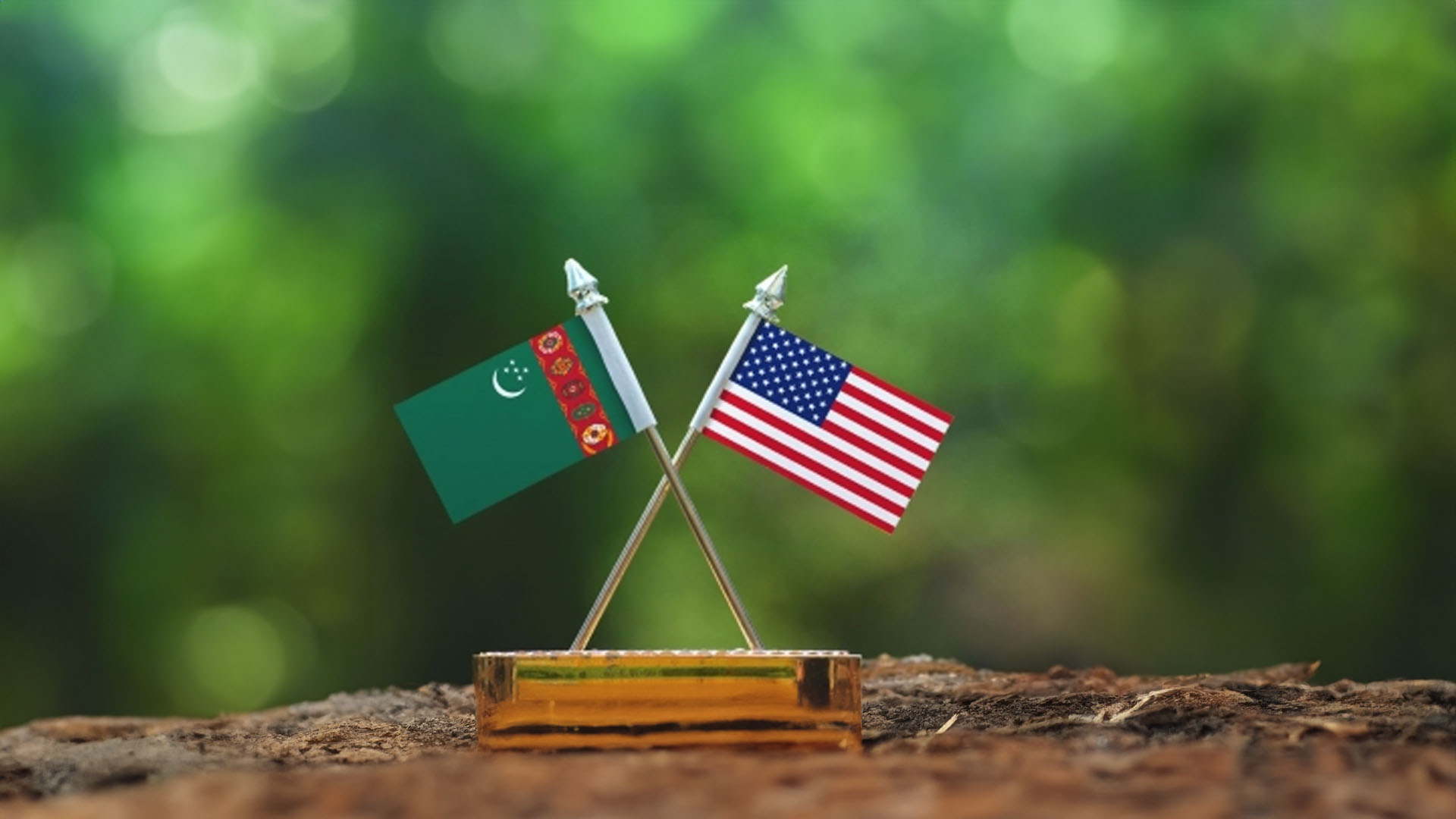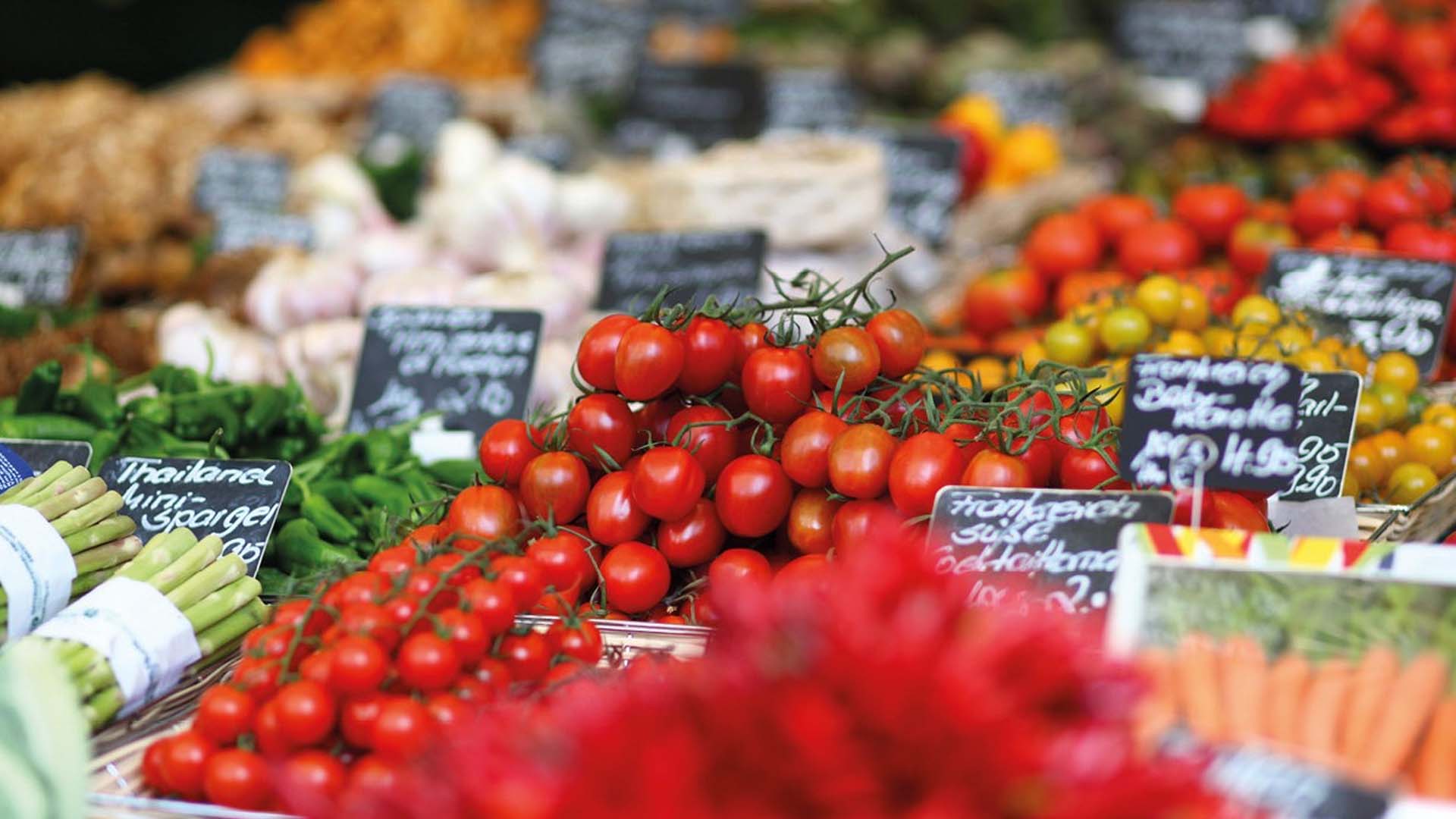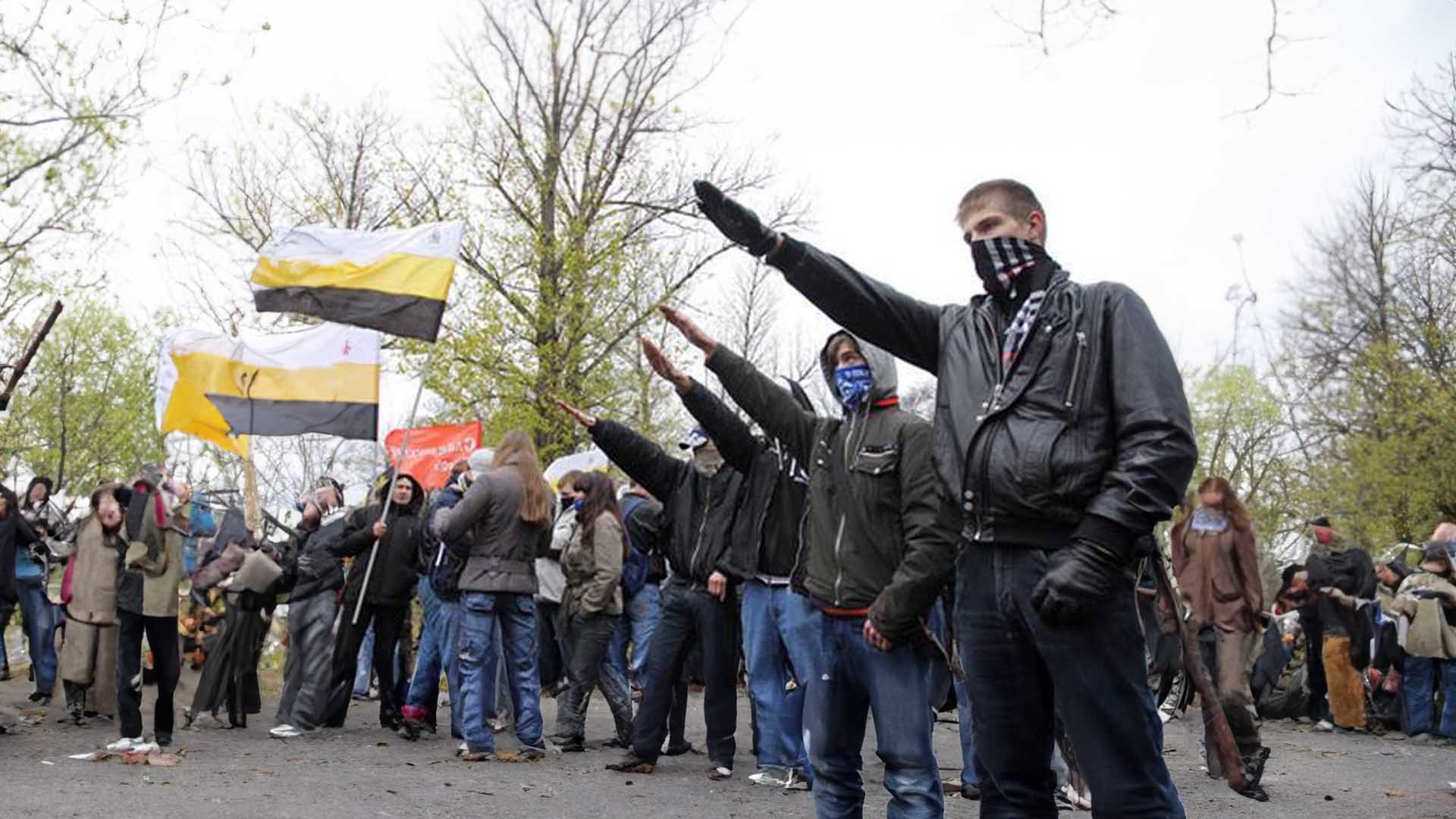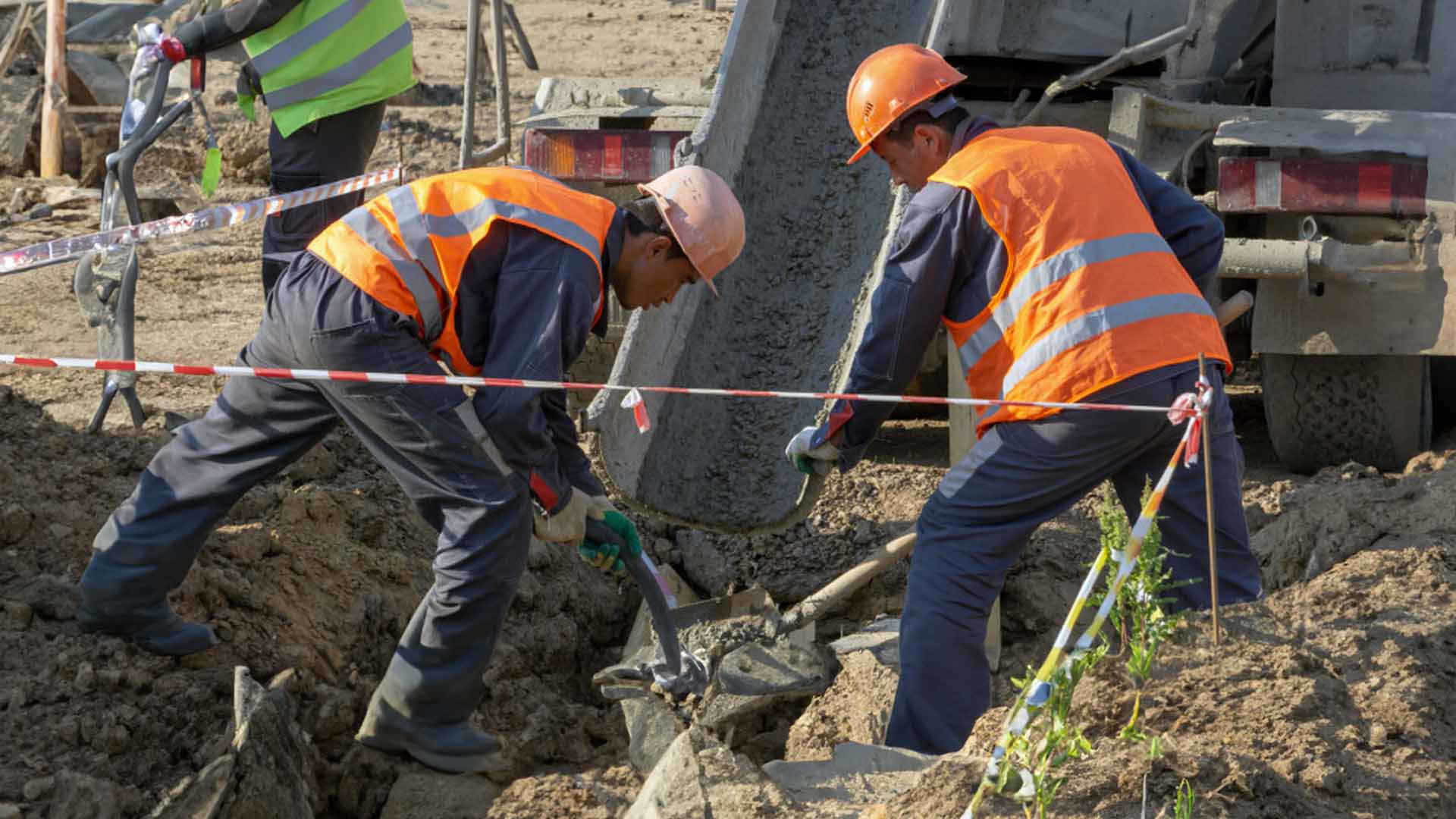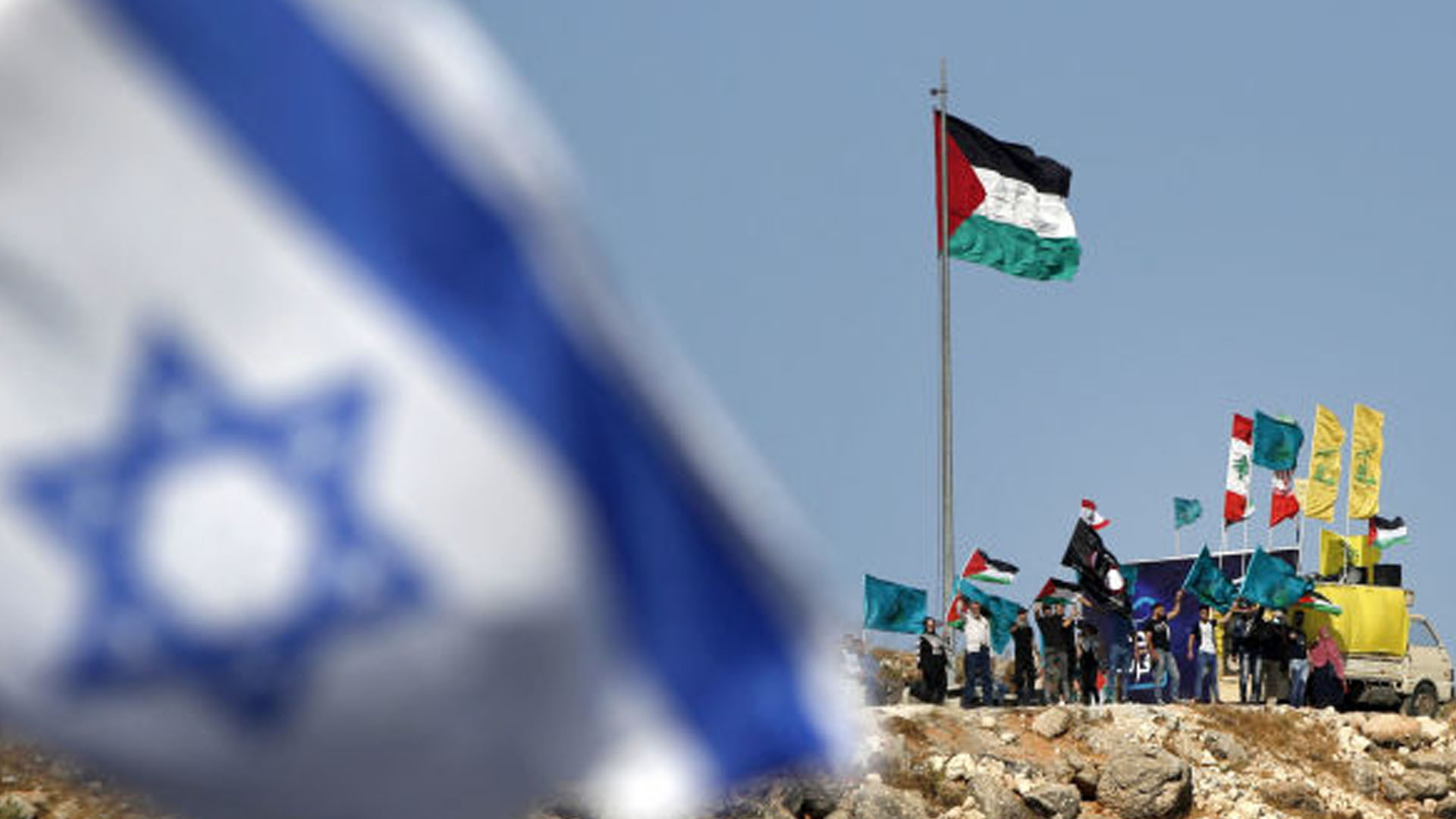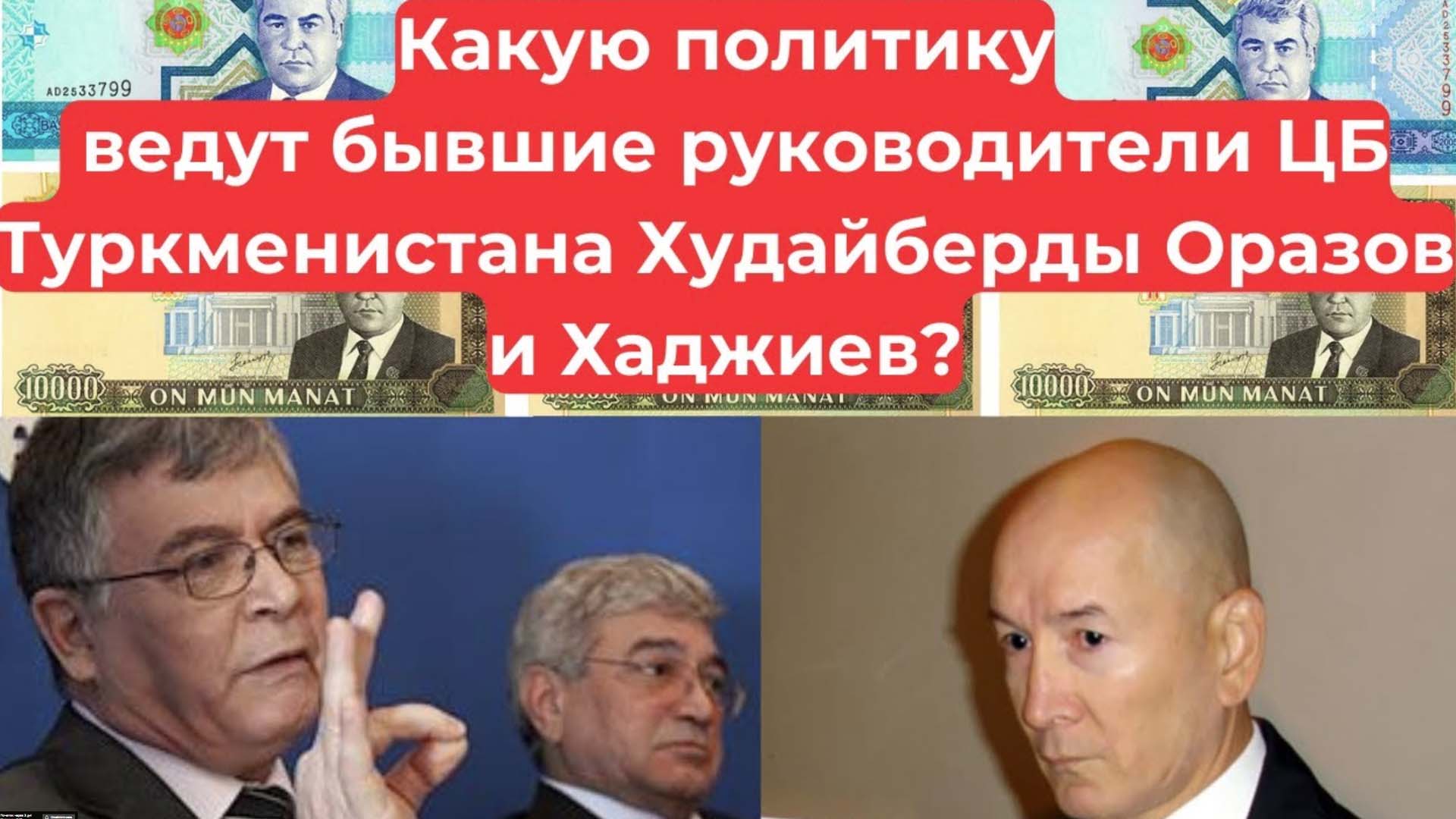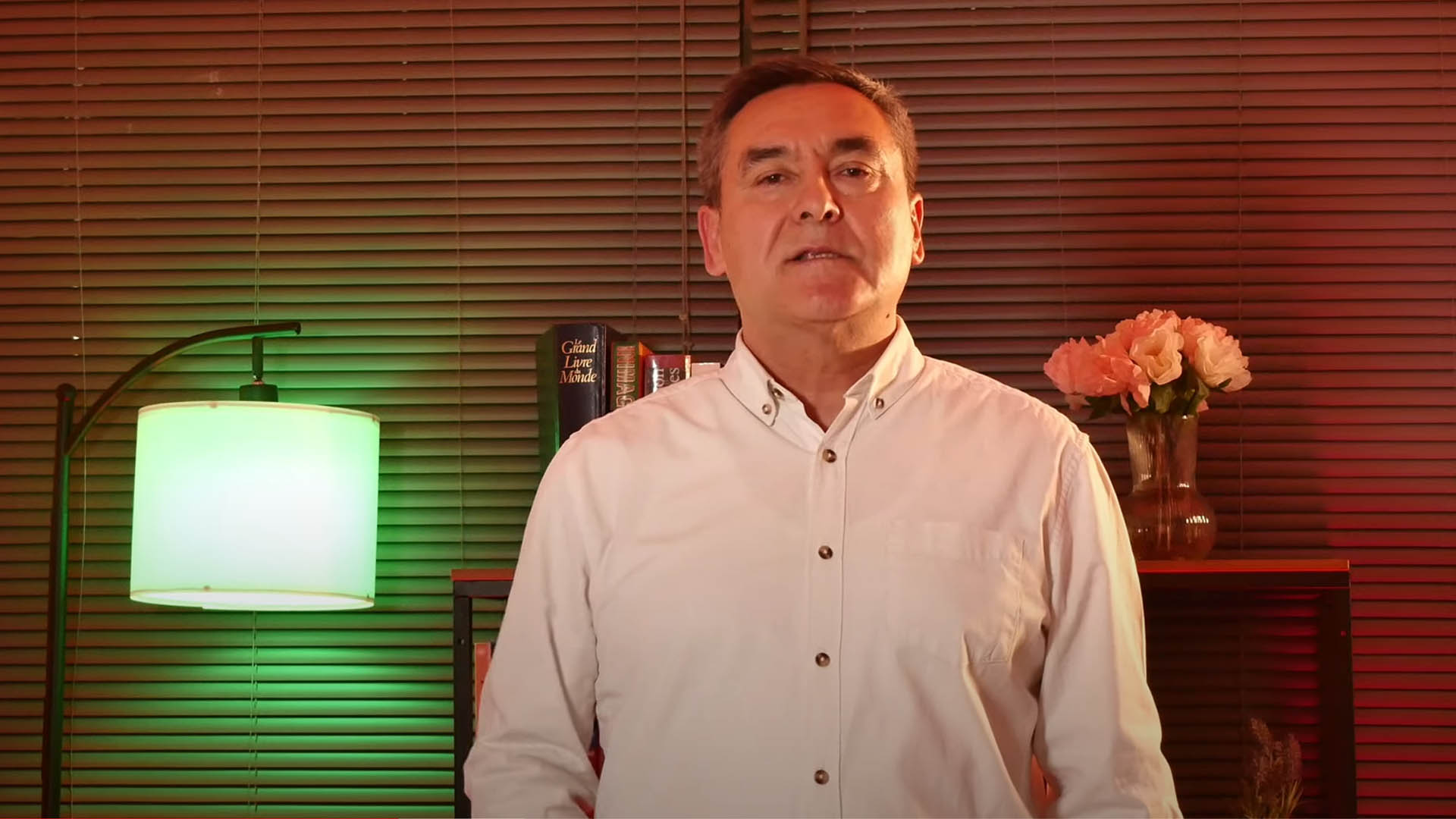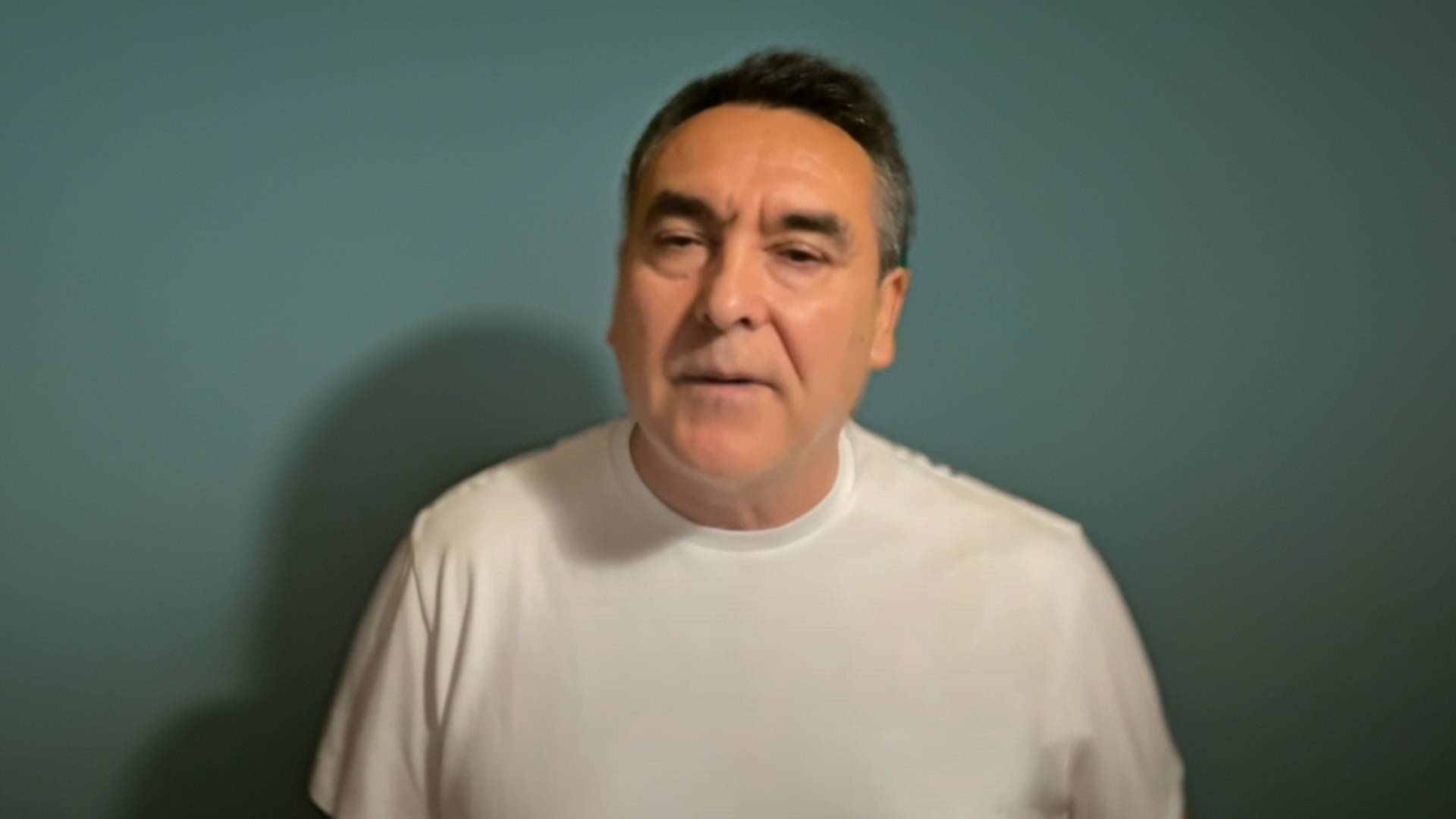Today — December 9, the summit of the Eurasian Economic Union opens in Bishkek. The assistant to the President of Russia for International Affairs, Yuri Ushakov, did not rule out that in the capital of Kyrgyzstan, Vladimir Putin will raise with the leaders of Kazakhstan and Uzbekistan the idea of creating a “triple alliance on gas”, which has recently been actively promoted by the Kremlin. After the introduction of Western sanctions, Moscow needs it to increase sales of Russian gas through the Central Asian gas transportation system to China, as well as to strengthen its geopolitical influence in the region, which was shaken after the invasion of Ukraine.
Recall that the proposal to “figure it out for three” was made in Moscow, where the head of Kazakhstan arrived for talks with Putin on November 28. Publicly, the conversation about this came at a meeting of the Kazakh delegation with Russian officials headed by Russian Prime Minister Mikhail Mishustin. As it seemed to many then, the topic caught Kassym-Jomar Tokayev by surprise. He replied that “we need to delve into the topic,” but “in principle, we are ready for this, why not.” According to him, earlier Putin told him that “we need to create a kind of trilateral union” and said that he was going to call the Uzbek president with this proposal.
On November 30, Putin and Shavkat Mirziyoyev had a conversation on “topical issues of further expansion of multifaceted cooperation.” But according to its results, not a word about the discussion of the “gas union” appeared on the official websites of the presidents. In early December, Mishustin visited Samarkand and again, at least officially, there was no discussion on this topic with the Uzbek side.
But the public response still did not take long to wait. Probably, in order not to anger Moscow too much, it was given not at the level of heads of state, but by their officials.
First, on December 7, Deputy Minister of Foreign Affairs of Kazakhstan Roman Vasilenko said: “His (triple gas union) it’s too early to discuss because so far it’s a kind of idea. But Kazakhstan’s principled position is that Kazakhstan does not allow its territory to be used to circumvent sanctions.
” https://tengrinews.kz/kazakhstan_news/kazahstan-ne-dozvolyaet-ispolzovat-territoriyu-obhoda-484700.
And today, on December 8, the Minister of Energy of Uzbekistan, Zhurabek Mirzamakhmudov, said, as he cut off: “To cover demand, ensure domestic consumption and solve the problem, today we are negotiating to import gas and electricity from neighboring countries, and not through any alliance or alliance”
https://www.gazeta.uz/ru/2022/12/07/gas-union.
“We will never agree to political conditions in exchange for gas,” the minister stressed, adding that Uzbekistan will buy fuel in Russia and other countries only at favorable prices and contract terms. “Even if an agreement on gas supply is concluded with Russia, it does not mean an alliance,” Mirzamakhmudov stressed. — Uzbekistan has no common border with Russia. Therefore, negotiations will be held on its supply through neighboring Kazakhstan. It will be a technical contract.” According to him, the authorities do not intend to jeopardize “national interests, economy, and independence.
” And all this even though both countries today have problems with a shortage of energy resources https://rus.azattyq.org/a/32161874.html
“Currently, Kazakhstan, along with Uzbekistan, is experiencing difficulties in commercial gas. Earlier, Tokayev ordered to reduce of exports to meet domestic demand for gas,” Kazakh oil and gas expert Nurlan Zhumagulov said. In recent years, exports have decreased by almost 2 times, and by the end of 2022 are expected to reach no more than 5.5 billion m3. But Astana has obligations to export gas to China in the amount of at least 10 billion m3 per year, for which Chinese investors have built the Kazakhstan – China main gas pipeline https://inbusiness.kz/ru/news/vygoden-li-kazahstanu-trojstvennyj-gazovyj-soyuz
In turn, in Uzbekistan, natural gas production is falling sharply against the background of increased consumption. The country is experiencing an acute shortage of it, electricity is being cut off in some regions, and gas filling stations have been suspended in Tashkent and the Ferghana Valley. In the Uzbek capital, they save on street lighting. The country has de facto turned into a net importer of gas, which Russian Lukoil produces on PSA terms and sells to Uzbekistan itself at a high export price.
But Uzbekistan does not traditionally intend to join any “unions” anyway. In the same EurAsEC, he interrupted his participation back in 2014 and returned there only as an observer at the end of 2020. Now, according to rumors, Moscow is trying to pull him back. Uzbekistan suspended its participation in the CSTO treaty signed in Tashkent in 1992 at the end of 2012.
Kazakhstan is more vulnerable and dependent on Russia, as it has the largest state border in the world with it and much closer military and economic ties. The weaker the Kremlin becomes due to its confrontation with the West, the more it begins to put pressure on Astana in strengthening the “integration processes” within the framework of common supranational structures. He does not disdain even such methods, such as unofficial information running through controlled Russian deputies and propagandists on the topic of territorial claims to Kazakhstan.
Putin’s emergency “gas” initiative has, among other things, far-reaching geopolitical goals. Director of the London-based analytical center Central Asia Due Diligence (CADD) Alisher Ilkhamov considers this a reaction to the news that Uzbekistan and Kazakhstan are creating a union that could theoretically become a framework for Central Asian integration, which does not suit the Kremlin.
https://rus.azattyq.org/a/strategiya-po-vosstanovleniyu-statusa-imperii-kak-reagiruyut-na-gazovyy-soyuz-putina-uzbekistan-i-kazahstan/32162781.html
The draft of this agreement appeared on November 27 — right on the eve of Putin’s Moscow meeting with Tokayev. In terms of content and goals, it is geostrategic. In particular, the document refers to the mutual protection of the parties in the event of an attack by third forces https://legalacts.egov.kz/npa/view?id=14312865. The Kremlin, in this case, adheres to the old principle of “divide and rule.”
Not to mention his torpedoing of attempts to conduct a multi—vector foreign policy by Central Asian states – with the same USA, the European Union, China, Turkey. This is always perceived by Moscow as a threat to its geopolitical interests. The problem is that she defends them with the old imperial methods. And these interests have long been not of the Russian people but of the authoritarian kleptocracy standing over them. So the Kremlin will continue to demand loyalty from the post-Soviet states, being able to offer little in return. At least, to its people, not its leaders. What the refusal turns out to be is seen in the examples of what Putin’s Russia has arranged in different years in Ukraine, Belarus, Moldova, Armenia, and Georgia.
08.12.2022


